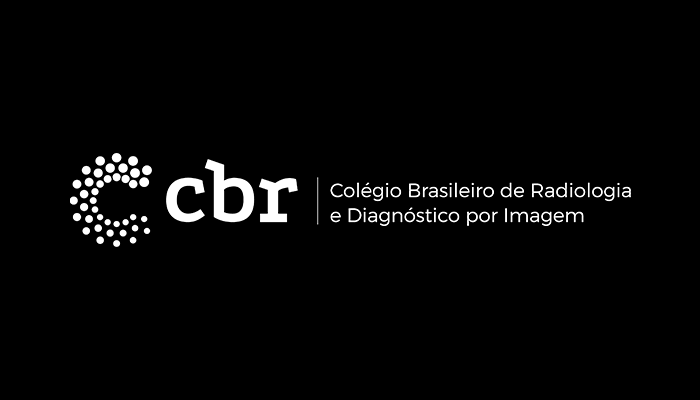The Brazilian College of Radiology and Diagnostic Imaging (CBR) considers the decision important and advocates for the creation of support for the purchase of equipment for examinations.
The Ministry of Health announced on Wednesday (22) the creation of a transportation, food and accommodation allowance for patients undergoing radiotherapy treatment in the Unified Health System (SUS). The measure seeks to reduce regional inequalities in access to cancer treatment, especially benefiting those who need to travel long distances to reference centers.
For the Brazilian College of Radiology and Diagnostic Imaging (CBR), this is an important step in strengthening public policies against cancer. For Rubens Chojniak, president of the CBR, this proposal demonstrates the government's sensitivity to the territorial and structural barriers that still hinder Brazilians' access to specialized services. "Experience shows that, often, the problem lies not only in the availability of the equipment, but in the patient's ability to access it," he emphasized.
The new benefit aims to ensure that people living far from referral centers can receive treatment, strengthening access to and continuity of cancer care in the country. According to the Ministry of Health, the program provides an estimated annual contribution of R$156 million to cover travel and accommodation costs for patients and their companions.
For Chojniak, policies that reduce regional inequalities and strengthen the specialized care network can inspire similar solutions in other areas of medicine, such as diagnostic imaging, which is essential for the treatment of virtually all diseases. "Diagnosis is the first step toward treatment. Expanding access to imaging exams means offering patients the chance to receive appropriate care sooner and more fairly," he concludes.
According to him, the Ministry's willingness demonstrated by the announcement could translate into other actions, such as creating incentives for the private sector to acquire and purchase equipment. "This would also be very beneficial for radiology, which faces serious access challenges in several regions of the country," Chojniak assesses.




